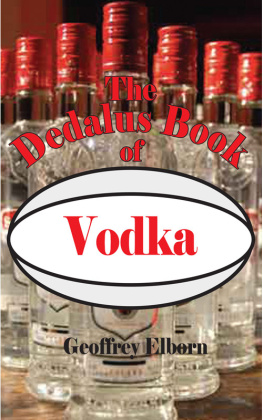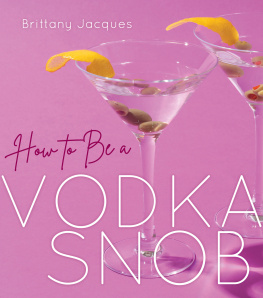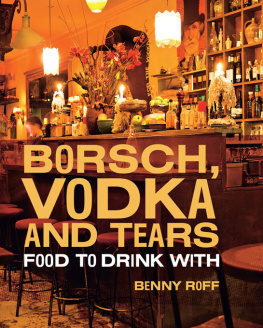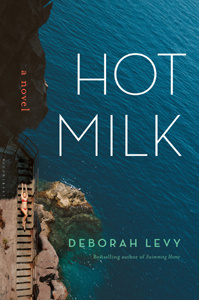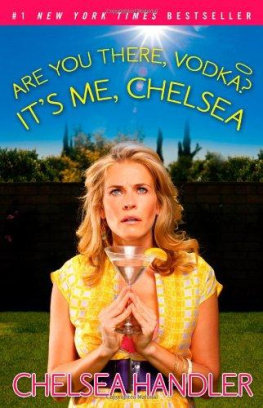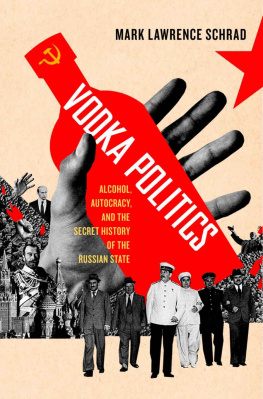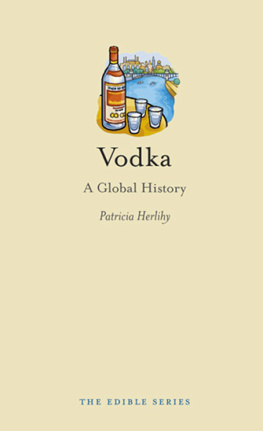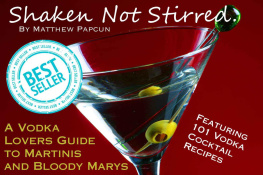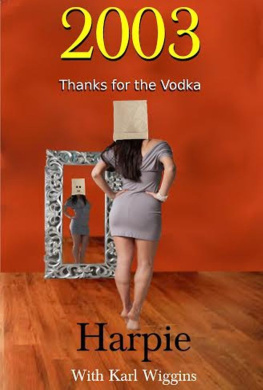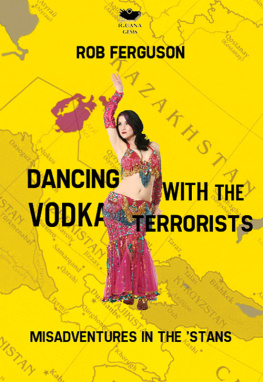

Russian temperance broadsheet (detail) Imperial Russia

Late 19th century advertisement for P. A. Smirnov Trading House
The Author
Geoffrey Elborn was born in Edinburgh where he worked as a librarian before studying English and Music in York.
After publishing a volume of poetry, he was asked by Sacheverell Sitwell to write a life of his sister Edith. He then went on to write several more biographies. He has written for many journals and magazines including The Glasgow Herald , The Guardian , The Times , The Tablet , The Scotsman , Tempo and The Proms Seasons Concert Programmes . He has contributed to several books including The Oxford Dictionary of National Biography.
To
Mark Watson
and the discarnate spirits of
Ted and I.G.P
The standard work on vodka, A History of Vodka by William Pokhlebkin, was first published in Russia in 1991 but was unfortunately shortened when it appeared in a fine translation in the UK in 1992. The author was murdered in his home near Moscow in 2000, and his body was discovered by his publisher, the grandson of Boris Pasternak. The murder remains unsolved. Although biased towards Russian vodka, Pokhlebkin produced a fine, provocative and scholarly book.
40 Degrees East: An Anatomy of Vodka by Nicholas Ermochkine and Peter Iglikowski, writers of Russian and Polish descent respectively, is a balanced and an amusing account of the spirit. I am particularly grateful to the writers of these two books.
I have to thank the many friends who helped in the preparation of this book, not least those who were persuaded to taste many different vodkas and comment on them.
Mark Watson endured a freezing trudge through the Moscow snow and ice. Without his expert navigation of the Moscow Underground, I would probably still be stranded there. Dermot Wilson joined us in St. Petersburg and selected excellent vodkas in some of the citys taverns.
For help in finding books, I owe a debt of gratitude to Richard Bull and Andrew Kruszelnicki. William Ryan kindly paused his work on the exploits of his fictional Moscow detective Korolev to give me information on sources, and I am grateful for his suggestions.
Jen Gordon of Diageo very helpfully contacted the Smirnoff archivist who located useful information about the Smirnoff label and thus solved a mystery for me. I am grateful to Ekaterina Mikhailovna Kulishova of the Moscow Vodka Museum and her colleagues for their courtesy and help during my visit. I am also in the debt of Irina Karpenko of the State Museum of the History of St Petersburg, who kindly sent me free of charge an otherwise unobtainable book. Patricia Herlihy and Linda Himelstein, who have made their own valuable contributions to the study of vodka, kindly answered my questions. The author of a study on the Russian charka, Karl Helenius of Helsinki, identified some objects for me. Jacob Khokhlov was extremely helpful over a problematical Russian translation, while Stephen Oakes kindly gifted Soviet temperance matchbox labels.
Kyri Sotiri of Soho Wine Supply shared his wide knowledge of vodka and showed me his large stock from all parts of the world. David Youl contributed his expert knowledge of cocktails, while his family cooked delicious meals for us.
Tiko Tuskadze of Little Georgia Restaurants generously shared her knowledge of vodka and I am grateful for her advice.
Riri Girardon and Malcom Barker of The Studio Barker-Girardon photographed vodka cups and the zakuski . For this and many other kindnesses, I am extremely indebted.
Jocelyn Burton, with the assistance of Peter Lunn and Hal Messel produced a new vodka cup for this book. The photograph and the design of the cup are her copyright.
My predecessors in this Dedalus series, Phil Baker and Richard Barnett, wrote books on absinthe and gin respectively which have provided daunting but encouraging standards of excellence. I thank them both and Anthony Lane and the team at Dedalus.
I would like to say thank you to others who have helped me in diverse ways: Eugene Ankeny, Clive and Diana Barrett, Clive Boutle of Francis Boutle Publishers, Steve Broadhurst, Sheena Cameron, Alan Carr, Bill Carrick, Derek Collen, Dan Edelstyn, Gillian Elborn, Dave Ellis, Nick Hare, Ann Hawker, Ged and Maggie Holmyard, Frank and Barbara Joynt, Diana Leslie, Paul and Anne Marie Luscombe, Su McArthur, Bruna Mazzucchi, Craig Mollinson, Georgiana de Montfort, Jean Moore, Maureen Moore, Victoria Moore, Tim Oates, Chris R. Parker, Anne and Terry Parnaby, Jane Poncia, Sandy Robertson, Carole Samson, Paul Sharp, Jane Spiers, Tommy Thompson, Christine Ward, Maryann Wilkins and Derin Young. Finally, it would be remiss of me not to thank a Moscow pigeon fancier who gave me some Russian verse but, alas, not his name.
The extract from Angel Pavement is reprinted by permission of United Agents on behalf of: The Estate of J. B. Priestley, and the extract from Goldfinger by Ian Fleming is reproduced with the permission of Ian Fleming Publications Ltd, London, www.ianfleming.com, and is copyright of Ian Fleming Publications Ltd 1959.
The extract from A Writers Diary , by F. Dostoevsky, reprinted by permission of Northwestern University Press. ( A Writers Diary copyright 2009 by Northwestern University Press, Published 2009. All rights reserved.)
The images on pages 92, 103 and 109 have been reproduced courtesy of Diageo plc, owners of the SMIRNOFF brand.
Contents
Introduction
Part 1:
Part 2:
Part 3:
[Miss Matfield] had never tasted vodka before, never remembered ever having seen it before, but of course it was richly associated with her memories of romantic fiction of various kinds, and was tremendously thrilling as the liquor slipped over her palate it was if an incendiary bomb had burst in her throat and sent white fire racing down every channel of her body. She gasped, laughed, coughed, all at once.
Angel Pavement , J. B. Priestley, 1930
There cannot be not enough snacks,
There can only be not enough vodka.
There can be no silly jokes,
There can only be not enough vodka.
There can be no ugly women,
There can only be not enough vodka.
There cannot be too much vodka,
There can only be not enough vodka.
Russian saying
Vodka is the best-selling spirit in the world. The popularity of the green wine, five hundred years old in Russia and Poland, is now shared in America and Europe where it emerged as the drink of the young midway through the 20th century. The sheer versatility of vodka, regardless of where and when it was drunk, has ensured its survival, but it was virtually unknown in Britain until the 1960s.
Tchaikovsky knew all about vodka, for he drank it nearly every day and had set a folk song to music, which began, Dont go, my son, to the tsars tavern Dont drink, my son, any green wine. When he was in London to conduct his Fourth Symphony for its British premiere on 2 June 1893, the composers English was inadequate to convey during a rehearsal exactly how he wanted the orchestra to play in the last, fast movement. Failing to get the reckless Russian spirit he wanted, [he] eventually obtained it by exclaiming, Vodka more vodka!! It was fortunate that the orchestra understood what he meant given that vodkas success across the British Isles lay far into the future.
Next page
